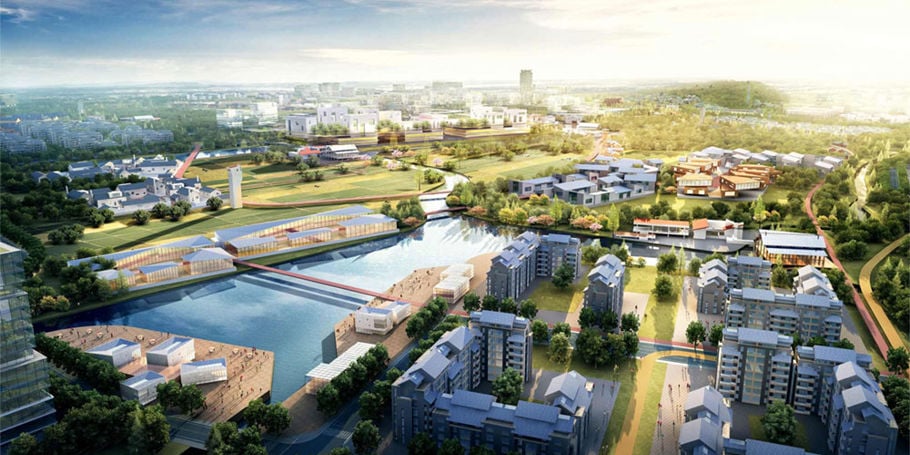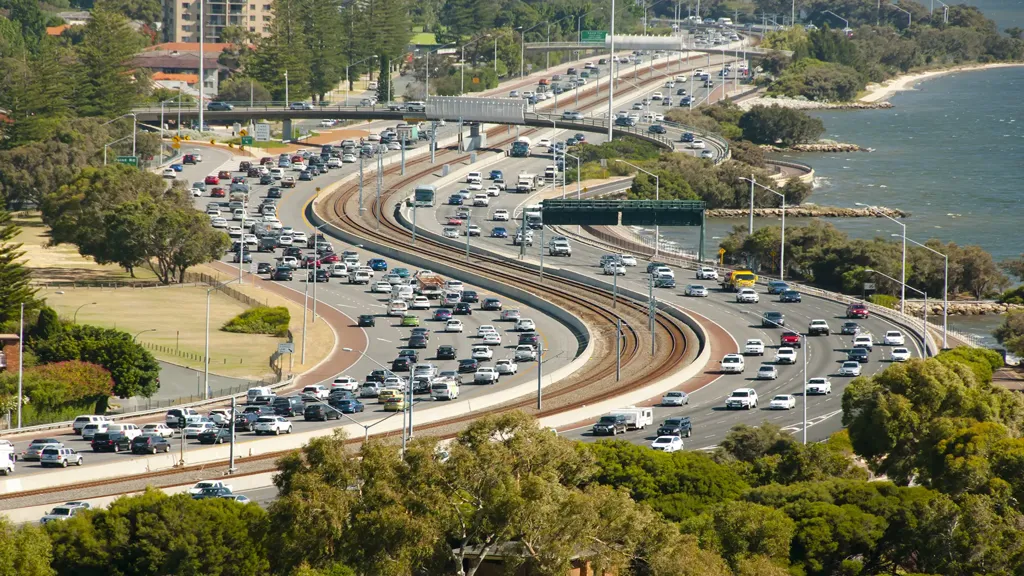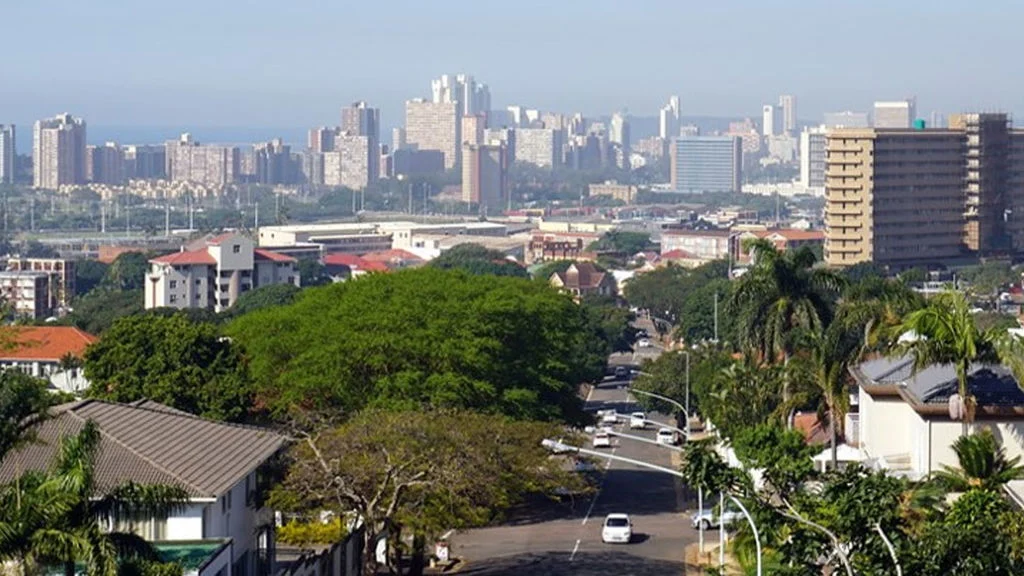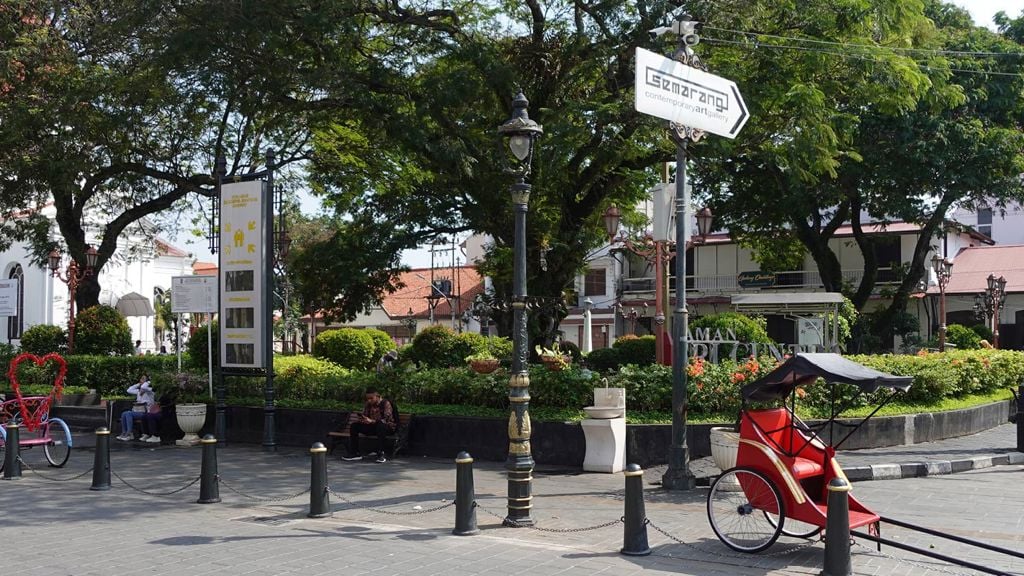Milan is embracing a bold regeneration strategy for its first carbon-neutral social housing development, L’Innesto. Working on the six-hectare, former rail depot of Scalo di Greco Breda, Arup together with Fondo Immobilare Lombardia (FIL) and architects Barreca & La Varra have proposed what will be the country’s first zero-carbon affordable housing development.
The vision, predicted on the delivery of an innovative, decentralised low-carbon district heating network, has won the global C40’s Reinventing Cities competition, inviting innovative and resilient carbon-free design solutions for the regeneration of underused urban spaces. The design embeds circular economy principles from the strategic planning stage and unlocks stakeholder value. Stakeholders include private sector investors, public sector actors such as the Milan municipality, the rail administration FS Sistemi Urbani and above all, the local residents.
Arup is coordinating the project on behalf of FIL. Our consultants and specialists are leading the masterplan design and are the Circular Economy advisors, providing sustainable and environmental design as well as the decarbonisation strategy.
Masterplanning and urban design
Located next to the Greco Pirelli train station in the north east of Milan, the Scalo Greco Breda site is a former freight depot. The botanical routes of the aptly names L’Innesto translate into real life, with the project being a ‘green’ implant grafted onto this industrial rail area. The masterplan will connect the mixed-use historical neighbourhood of Precotto and the former industrial area of Biccoca, which currently provides housing and services to the nearby university.
The partnership between the public and private sectors is expected to be a replicable and scalable intervention to test carbon-neutral initiatives and inform future policy making.
Soil excavation will be minimised with bio-remediation techniques on site to be re-used for landscaping. Vegetable gardens, a garden nursery, green seeded roofs and ‘edible’ landscapes will create an agricultural heart.
Driving decarbonisation
The winning proposal is based on developing an innovative decentralised 4th Generation District Heating (4GDH) powered by renewable sources including an urban wastewater heat-recovery system. To achieve a zero carbon emissions balance within 30 years, the buildings are designed to be near-zero energy, built with a pre-assembled construction technology that enables the modular structures to be disassembled and recycled.
With over 70% of the former railway yard area redesigned as public space, active mobility will be the key driver behind the ambitious sustainable vision. Plans limit individual car parking spaces to around 100 for the 700 tenants and including 1,200m² of bike parking facilities, 10 electric charging terminals and a shared neighbourhood car fleet.









